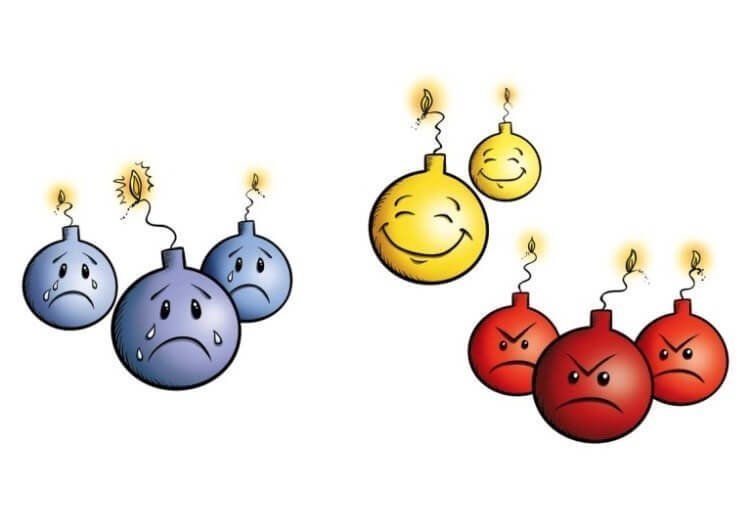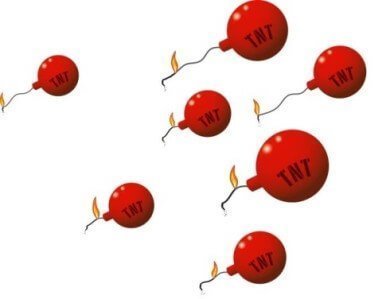The bigger they get, the more organisations have a tendency to concentrate on big things to engage and inspire their staff, big things to please their customers, and big things to gel their teams. The problem being, people can’t see big things! What people can see, and what create instant, lasting pictures in people’s minds, are all the little things that others do, or don’t do. These are what Adrian Webster call TNTs – Tiny Noticeable Things.
They may be tiny but TNTs are highly explosive. They are the visible difference between 4 and 5 star customer service; the fine line between a manager and a leader. They are the secret weapon of all highly successful business leaders, and the wonderful thing is – they cost nothing! Often regarded as being too petty to mention at exit interviews, they are all the little things that please or irritate us; the telling snapshot images we have of each other, that show you care or you don’t care.
TNTs are the emotional engagers; the motivators that make and break relationships. But what makes one, single TNT so incredibly powerful is not just the image that it generates, but also the emotional attachment triggered by it. Every time a picture springs to mind of a particular past experience, whether it be positive or negative, a gut feeling immediately surfaces. This feeling will continue to be recounted throughout a person’s lifetime, and continue to exert substantial subconscious bias when it comes to all future decision making.
There are two very important keys when it comes to TNTs. Both are well worth remembering if you want to avoid a well-intended, positive TNT backfiring on you and turning into a negative one.
- TNTs need to be consistent. If for example you decide that every time it’s someone’s birthday in your office you’re going to send them a birthday card from the rest of the team, you have to make sure that everyone gets a card on their birthday. The day someone doesn’t get a card is the day you’ll have someone feeling a bit left out.
- TNTs need to be relevant. Ask any tee-total person who has ever experienced being presented with a bottle of champagne in recognition of all their hard work!
If you are serious about engaging with your people but regard yourself as far too busy to bother with all the small stuff, you do so at your own peril! When delegates are chatting to Adrian Webster at conferences they often start talking about their boss, telling him why they love working with them, or on the other hand, why they are thinking of leaving. Either way, it’s never to do with big things – it is always to do with the little things, the TNTs.
TNT’s are taken from Adrian Webster’s series of Best-Selling business books – The Polar Bear Pirates. Adrian Webster is the author of a number of best-selling books, and is one the UK’s leading Motivational Speakers.

